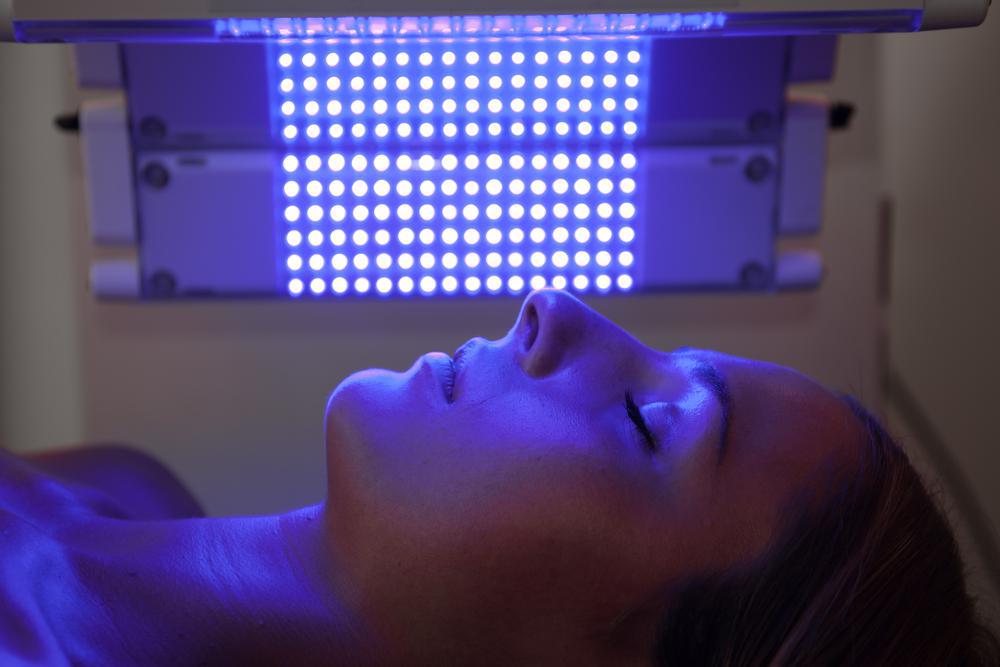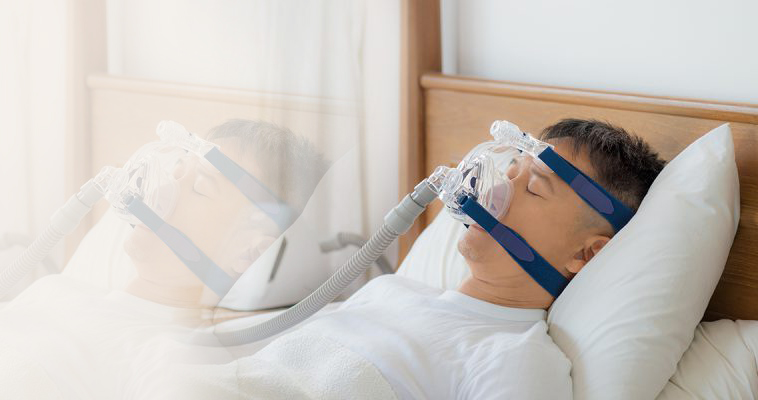Sleep Deprivation Help - Overcome Exhaustion and Improve Wellness
Sleep Deprivation Help - Overcome Exhaustion and Improve Wellness
Blog Article
Effective Therapy Solutions for Handling Rest Disorders and Enhancing Peaceful Sleep
In the world of healthcare, the monitoring of rest conditions and the quest for relaxing rest are pivotal components of general well-being. Reliable treatment solutions offer a complex approach to deal with these challenges, varying from cognitive behavioral treatments to all natural techniques that advertise leisure and mindfulness. The expedition of various methods, consisting of the assimilation of drug and light therapy, opens up a realm of possibilities in the search of much better rest quality. As we browse the detailed landscape of rest conditions and seek to improve our rest experience, a deeper understanding of these therapy options may hold the secret to unlocking an extra rejuvenating and fulfilling corrective journey.
Cognitive Behavioral Therapy for Sleeping Disorders (CBT-I)
Cognitive Behavior Modification for Sleep Problems (CBT-I) is a structured, evidence-based treatment strategy that focuses on dealing with the underlying variables contributing to rest disruptions. This type of therapy aims to customize behaviors and ideas that intensify sleep problems, inevitably advertising healthy and balanced sleep patterns. CBT-I normally includes several vital elements, including cognitive therapy, rest limitation, stimulus control, and rest health education.
Cognitive therapy aids individuals recognize and change adverse idea patterns and ideas about sleep that may be preventing their ability to drop or stay asleep. Rest constraint includes restricting the quantity of time spent in bed to match the individual's actual rest duration, thus boosting sleep effectiveness (sleep deprivation help). Stimulus control strategies aid develop a strong organization in between the bed and rest by motivating individuals to visit bed just when drowsy and to avoid taking part in stimulating tasks in bed
Additionally, sleep health education concentrates on establishing healthy sleep behaviors, such as keeping a regular rest schedule, producing a relaxing bedtime regimen, and maximizing the sleep setting. By attending to these aspects comprehensively, CBT-I supplies an effective non-pharmacological treatment for handling sleep problems and enhancing general sleep top quality.
Rest Hygiene Practices
Having developed the foundation of cognitive restructuring and behavior modifications in attending to sleeplessness through Cognitive Behavior modification for Insomnia (CBT-I), the focus currently shifts in the direction of discovering essential Rest Hygiene Practices for keeping ideal rest quality and total wellness.
Rest hygiene methods incorporate a series of routines and environmental elements that can significantly affect one's capability to go to sleep and stay asleep throughout the evening. Consistent rest and wake times, creating a relaxing going to bed routine, and enhancing the sleep setting by maintaining it dark, silent, and cool are essential elements of great rest health. Restricting exposure to screens prior to bedtime, preventing stimulants like caffeine close to bedtime, and taking part in regular physical task throughout the day can additionally promote better rest high quality.
Furthermore, practicing relaxation methods such as deep breathing exercises or reflection prior to bed can assist calm the mind and prepare the body for sleep. By integrating these rest health techniques right into one's everyday routine, individuals can develop a healthy and balanced rest pattern that sustains peaceful rest and overall health.
Leisure Techniques and Mindfulness
Applying leisure techniques and mindfulness practices can play a critical function in cultivating a feeling of calm and promoting top quality rest. sleep deprivation help. These techniques aim to silent the mind, decrease stress, and develop an ideal atmosphere for relaxing sleep. One extensively practiced method is deep breathing workouts, where individuals focus on slow, deep breaths to loosen up the body and mind. Dynamic muscle mass relaxation involves tensing and after that releasing each muscular tissue team, promoting physical relaxation. Furthermore, assisted images can help transfer people to a serene place in their minds, helping in tension reduction and boosting sleep quality.
By including these techniques into a bedtime regimen, individuals can signal to their bodies that it is time to prepare and unwind for rest. Overall, integrating leisure techniques and mindfulness techniques can significantly add to handling rest conditions and boosting total sleep quality.

Medication Options for Rest Disorders
After exploring leisure methods and mindfulness methods as non-pharmacological treatments for boosting rest top quality, it is necessary to consider medicine alternatives for individuals with rest conditions. In cases where way of life modifications and therapy do not provide sufficient alleviation, medication can be a useful device in managing sleep disturbances.
Commonly suggested medications for rest conditions include benzodiazepines, non-benzodiazepine hypnotics, antidepressants, and melatonin receptor agonists. Antidepressants, such as trazodone, can be useful for individuals with co-occurring clinical depression and rest disturbances - sleep therapy.
It is essential for individuals to consult with a healthcare supplier to establish one of the most appropriate medication choice based upon their particular rest disorder and case history.
Light Treatment for Circadian Rhythm Policy
Light therapy, additionally called photo-therapy, is a non-invasive treatment approach used to regulate circadian rhythms and boost sleep-wake cycles. This therapy entails direct exposure to brilliant light that mimics natural sunshine, which helps to reset the body's body clock. By exposing people to certain wavelengths of light, usually in the early morning or evening relying on the desired impact, light treatment can properly adjust the body clock to advertise wakefulness throughout the day and boost peaceful rest during the night.
Research study has shown that light therapy can be specifically helpful for people with circadian rhythm disorders, such as postponed rest stage syndrome or jet lag. It can resource likewise be practical for those experiencing seasonal affective problem (SAD), a kind of anxiety that commonly happens throughout the cold weather when natural light exposure is decreased. Light treatment is normally well-tolerated and can be utilized combined with other treatment approaches for sleep conditions to optimize end results limb movement disorder and improve total rest quality.
Verdict
In verdict, effective treatment solutions for taking care of sleep conditions and improving restful sleep include Cognitive Behavioral Therapy for Sleeping Disorders (CBT-I), rest health techniques, relaxation techniques and mindfulness, medicine options, and light treatment for circadian rhythm regulation. These methods can help people boost their sleep high quality and overall health. It is very important to consult with a doctor to figure out one of the most appropriate strategy for attending to rest problems.
As we navigate the detailed landscape of sleep disorders and look for to enhance our rest experience, a deeper understanding of these therapy services might hold the key to unlocking a much more refreshing and satisfying corrective journey.
Sleep constraint entails limiting the amount of time invested in bed to match the person's actual rest period, thus boosting rest effectiveness. Consistent sleep and wake times, creating a relaxing going to bed routine, and enhancing the sleep environment by keeping it dark, peaceful, and cool are crucial parts of excellent sleep Source health. Light therapy is normally well-tolerated and can be utilized in conjunction with other therapy approaches for sleep problems to maximize results and boost total sleep top quality.

Report this page